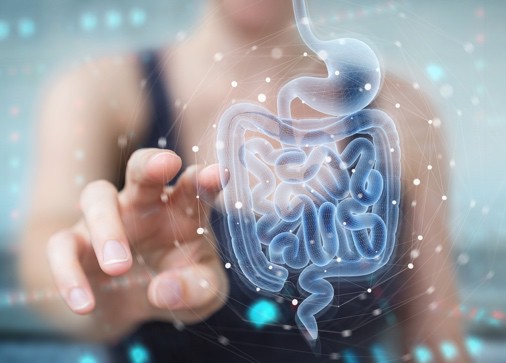Postbiotics: What You Need to Know
What are Postbiotics?
Postbiotics, along with pre- and probiotics, are a hot topic right now. It’s for good reason; your digestive health has a massive impact on your overall health. So what is a postbiotic exactly? First, we need to understand the relationship between the bacteria in our gut and the food we eat.
Gut micro-organisms are part of an ecosystem. They use resources from their surroundings in the form of prebiotics (fibrous carbohydrates that digestive bacteria like to eat). In turn, they “give back” to those surroundings in the form of postbiotics. That’s right – postbiotics are essentially the waste products of digestive bacteria.
How Can They Help You?
A key component of our digestion is the bacteria that live in our gut. These bacteria, along with our own acids and enzymes, help to break down food. If we don’t have a properly functioning microbiome, it will be difficult for us to digest what we eat. This leads to reduced nutrition, upset stomachs, constipation, and other assorted unpleasantness. Postbiotics are the natural result of a properly functioning digestive system.
Postbiotics are incredibly rich in nutrients and essential organic compounds. The food we eat is composed of complex molecules that require time and energy for our bodies to break down. Bacteria speed this process up by taking in those molecules, consuming what they need, and spitting out what they don’t. What’s waste to them is gold to us; it includes vitamins like B12 and K, amino acids, folates, antioxidants, and short-chain fatty acids.
Short-chain fatty acids are particularly important for gut health, as they help form the protective lining of our GI tract. This lining protects us from pathogens, toxins, and other undesirables.
Postbiotics along with pre- and probiotics support healthier digestion for people with conditions such as IBS.
Another benefit of postbiotics is that they do not contain any live bacteria. This makes digestive health accessible to those who might be sensitive or vulnerable to live bacterial cultures.
How Can I Increase my Postbiotic Intake?
Postbiotics are available from a variety of sources. Many of the same foods that naturally contain probiotics naturally contain postbiotics; this makes sense, considering that postbiotics are made by probiotic bacteria. Fermented foods such as yogurt, kefir, sauerkraut, and kombucha are great food-based sources. You can also up your intake by taking a postbiotic supplement, preferably one that also contains probiotics. Balancing your gut flora is crucial for overall health; make sure you are getting enough pre, pro, and postbiotics in your diet!
